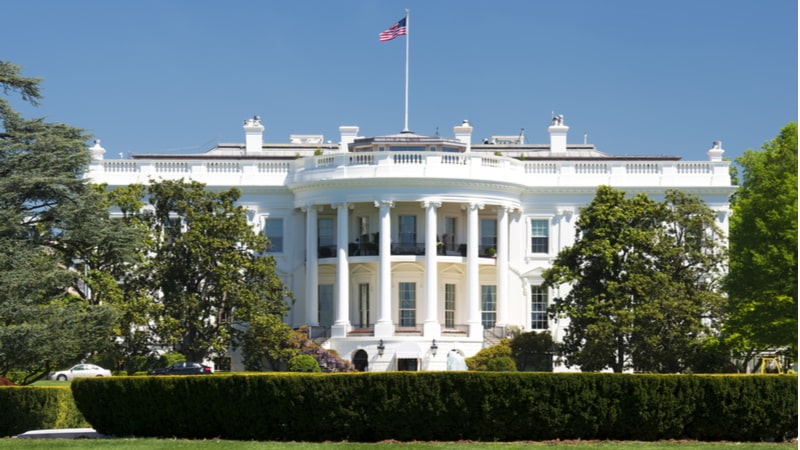
The White House Office of Science and Technology Policy (OSTP) announced today it has established three new Quantum Leap Challenge Institutes. The institutes will receive a total of $75 million in funding for quantum information science research and development.
In a statement, the White House said the goal of the institutes is to “strengthen American leadership in this key industry of the future.”
“America’s future depends on our continued leadership in the most cutting-edge industries of tomorrow,” said Federal CTO Michael Kratsios. “Our new Quantum Leap Challenge Institutes will advance America’s long history of breakthrough discoveries and generate critical advancements for years to come.”
The Quantum Leap Challenge Institutes are hosted by universities, but will integrate resources from academia, the Federal government’s National Laboratories, and private sector partners. In addition to serving as research hubs, OSTP explained that the centers will focus on training and education to ensure the United States has a quantum-ready workforce. Specifically, the institutes will develop in-person and online curricula for both students and teachers at all education levels.
The three new institutes are:
- NSF Quantum Leap Challenge Institute for Enhanced Sensing and Distribution Using Correlated Quantum States at University of Colorado at Boulder. This institute will design, build, and employ quantum sensing technology for a wide variety of applications in precision measurement.
- NSF Quantum Leap Challenge Institute for Hybrid Quantum Architectures and Networks at University of Illinois at Urbana-Champaign. This institute will build interconnected networks of small-scale quantum processors and test their functionality for practical applications.
- NSF Quantum Leap Challenge Institute for Present and Future Quantum Computing at University of California-Berkeley. This institute will design advanced, large-scale quantum computers, and develop efficient algorithms for current and future quantum computing platforms, and ultimately demonstrate that quantum computers outperform classical computers.
“Quantum information science has the potential to change the world. But to realize that potential, we must first answer some fundamental research questions,” said Dr. Sethuraman Panchanathan, NSF Director. “Through the Quantum Leap Challenge Institutes, NSF is making targeted investments. Within five years, we are confident these institutes can make tangible advances to help carry us into a true quantum revolution.”
